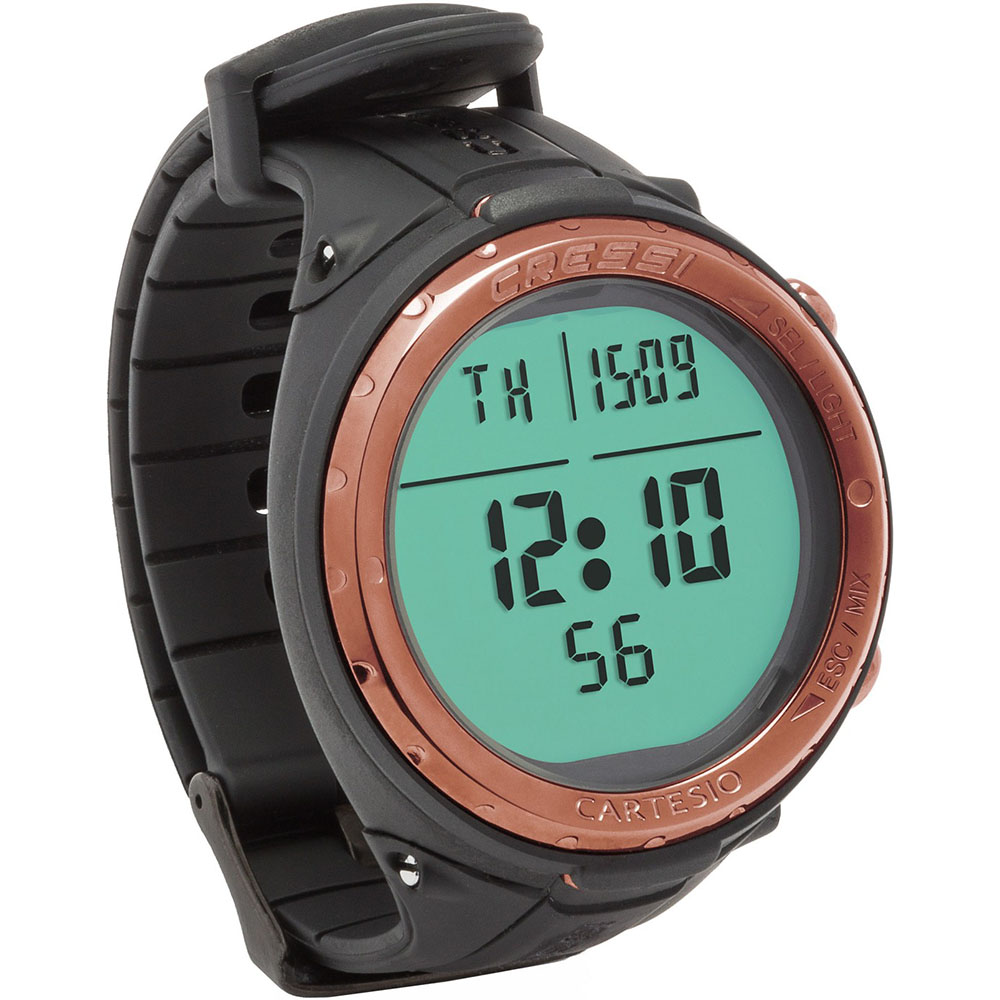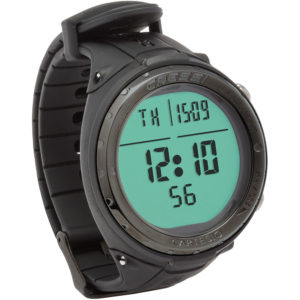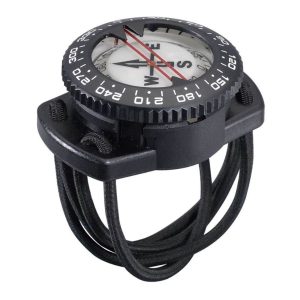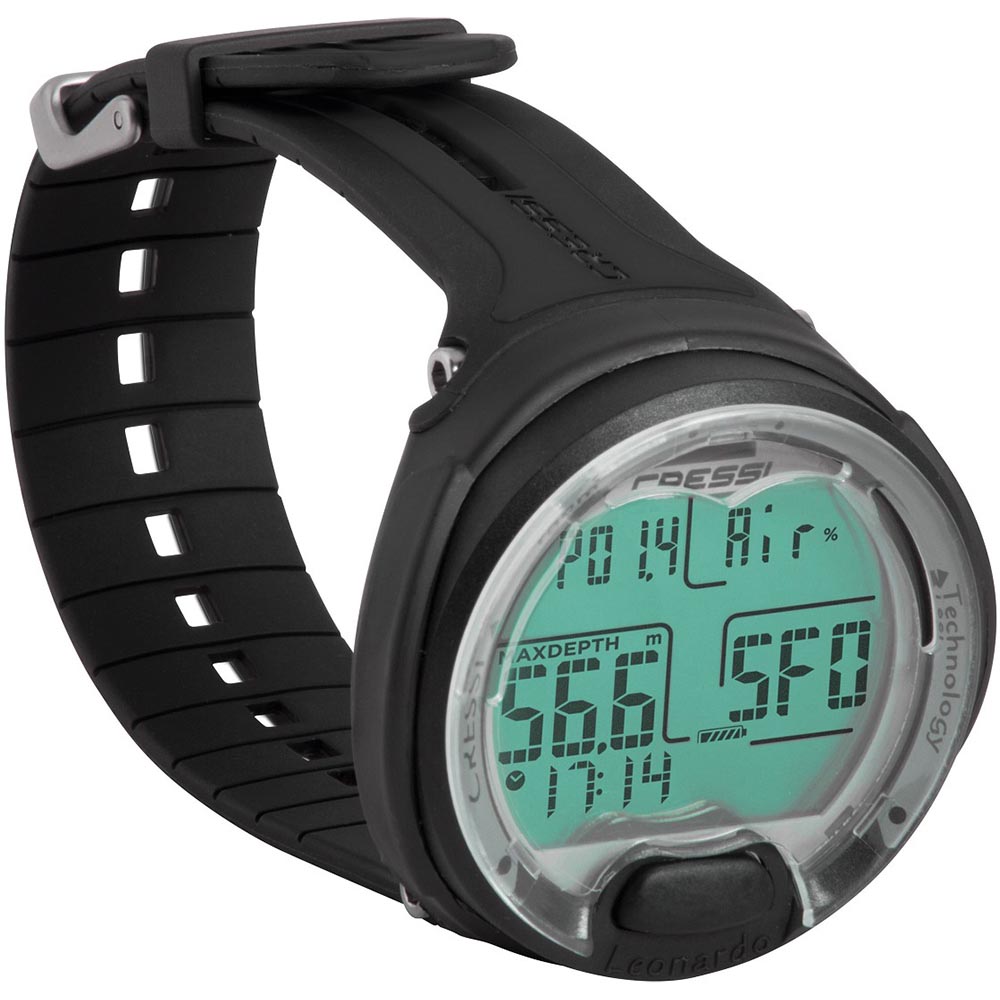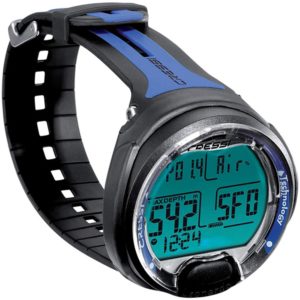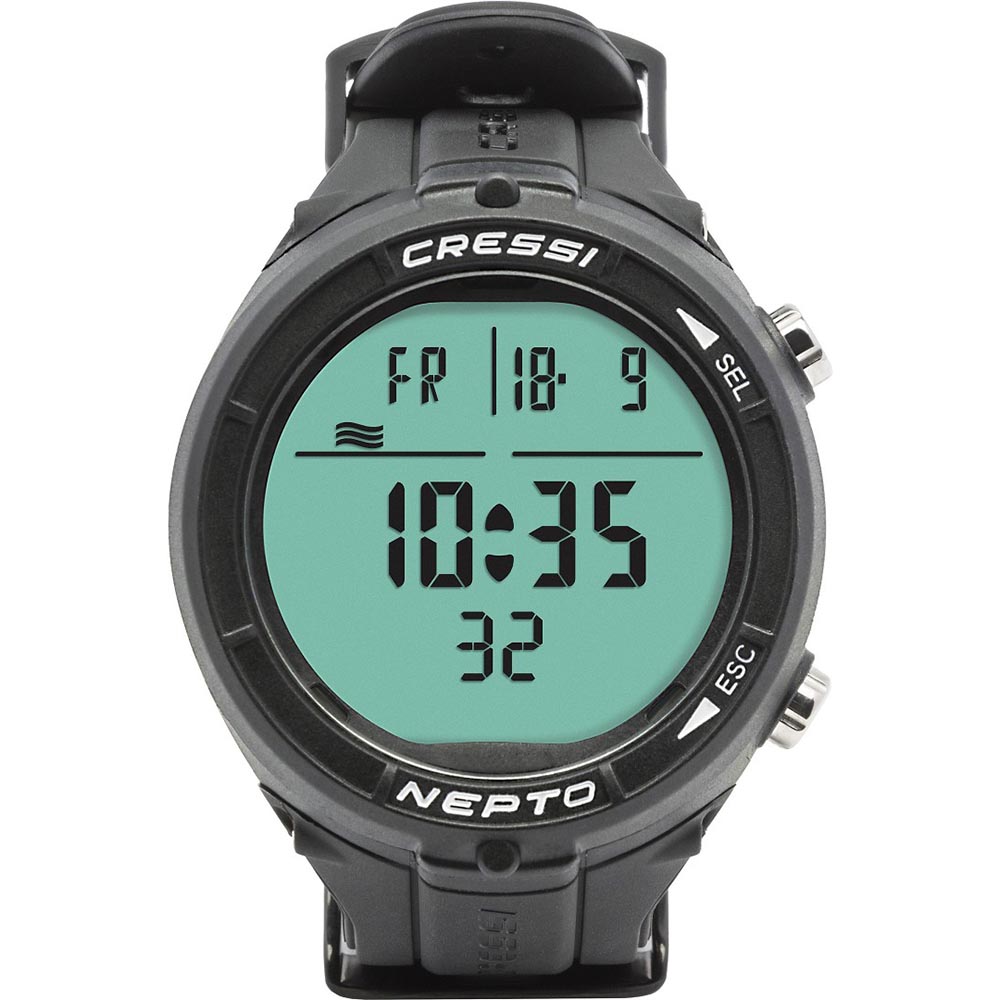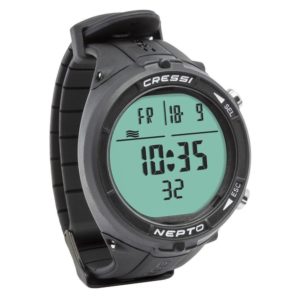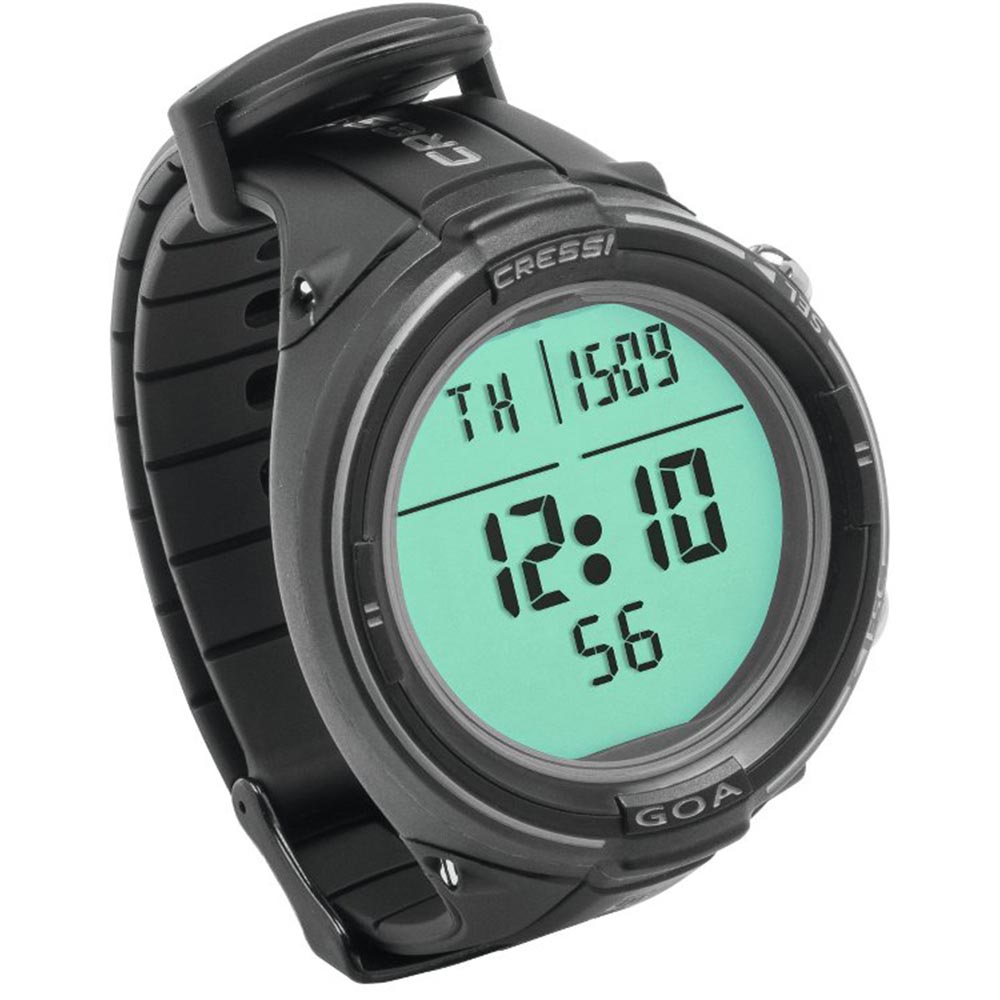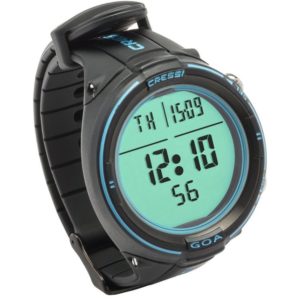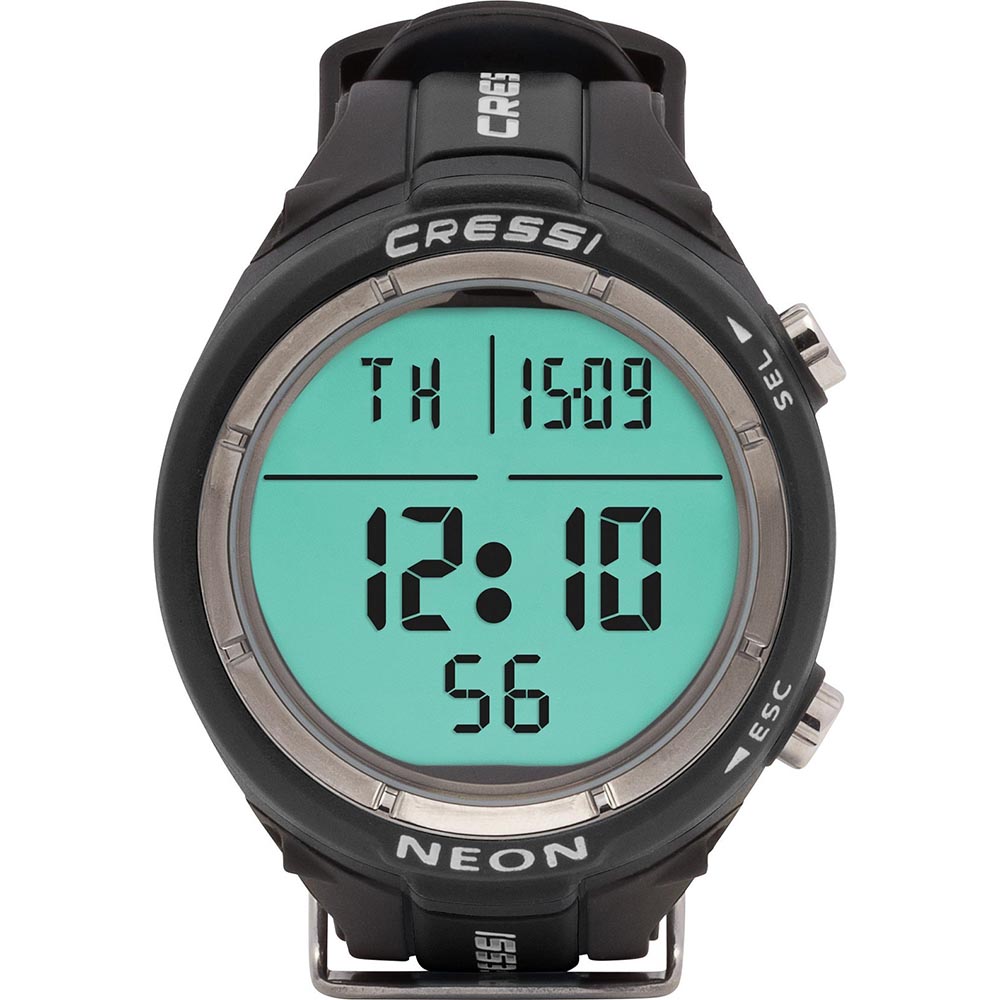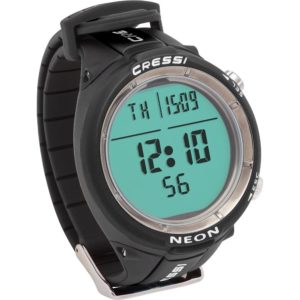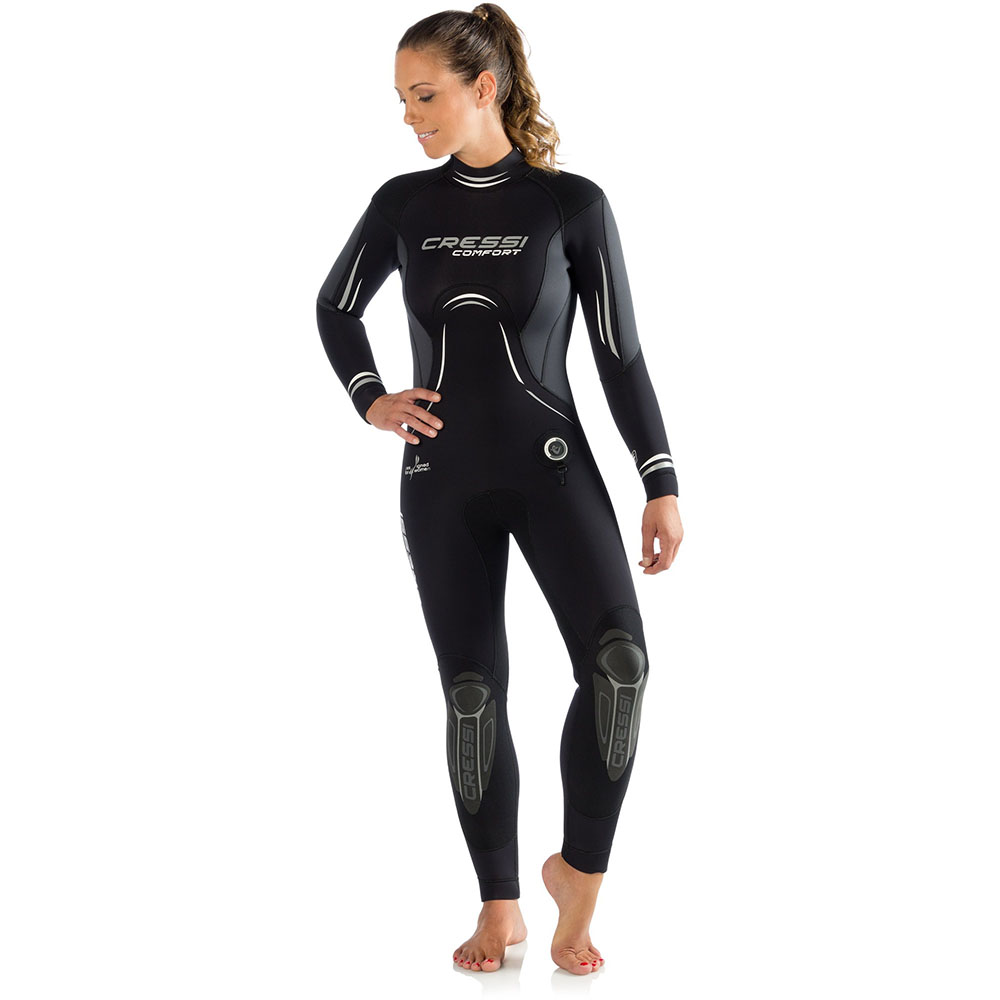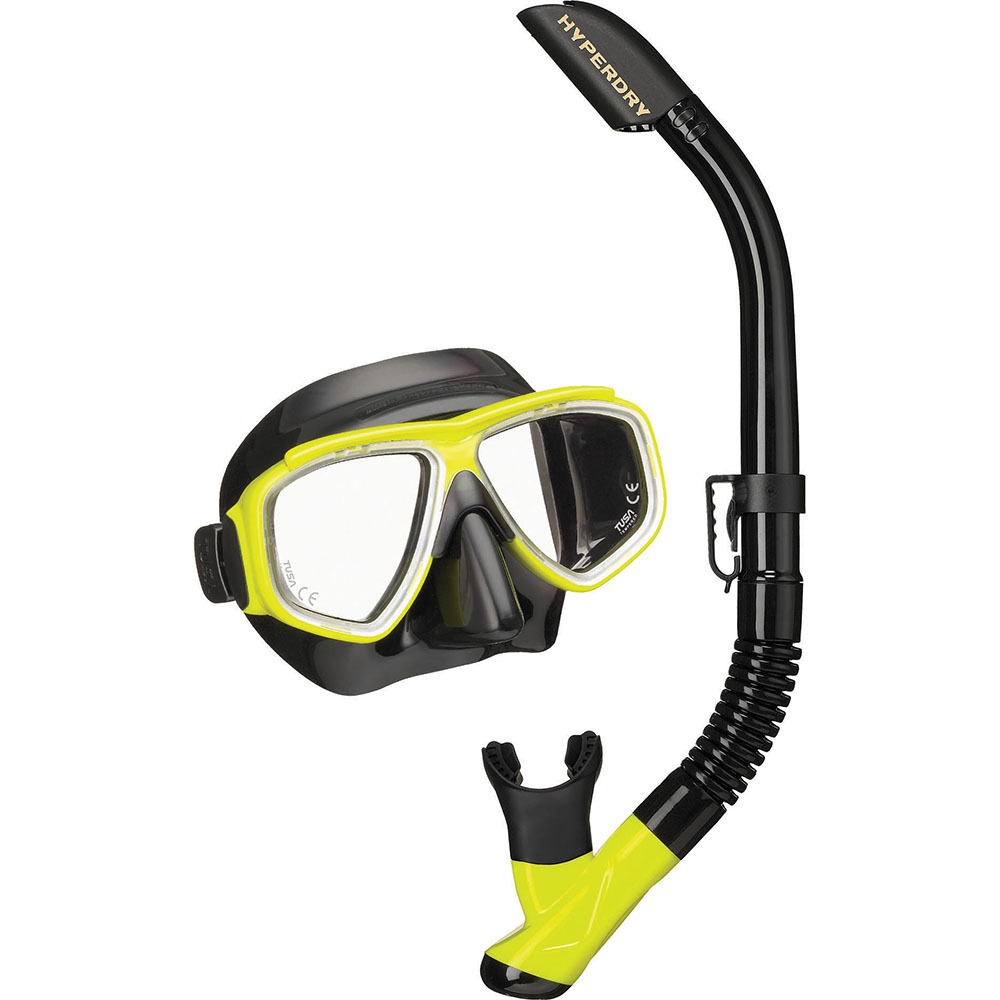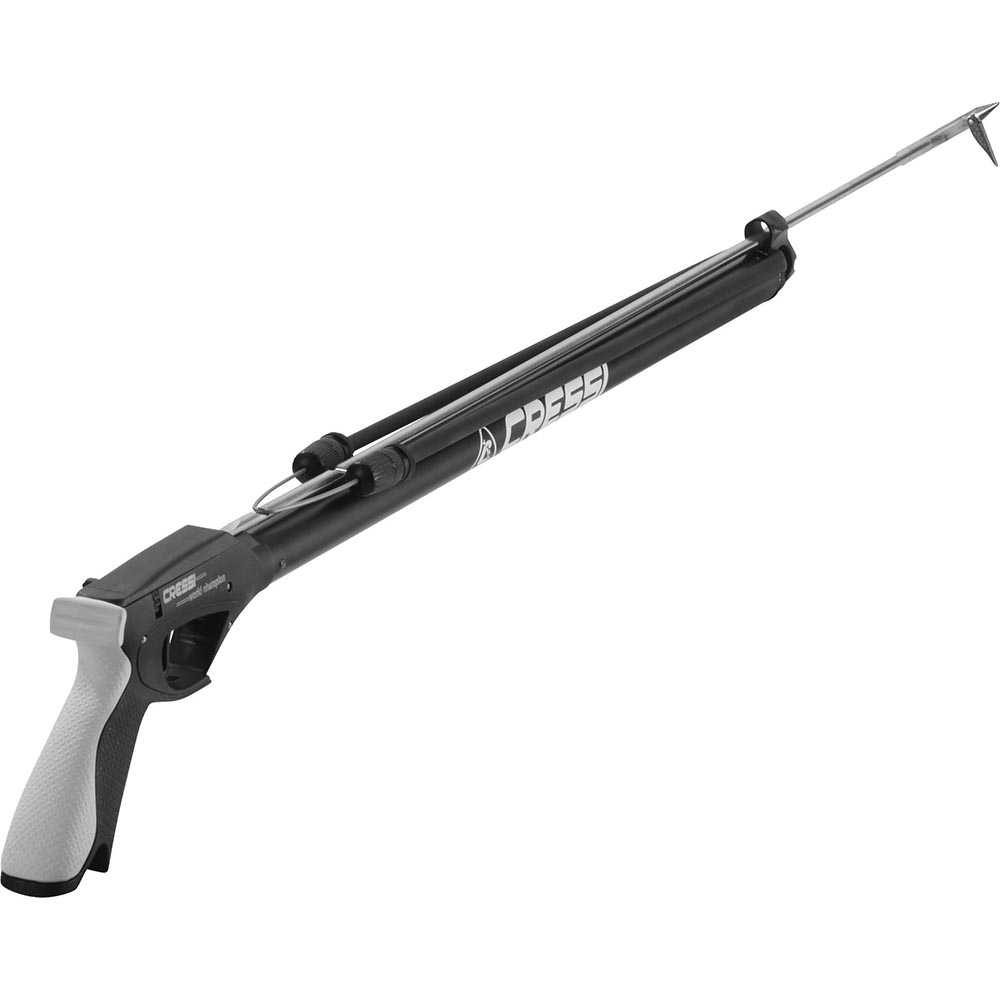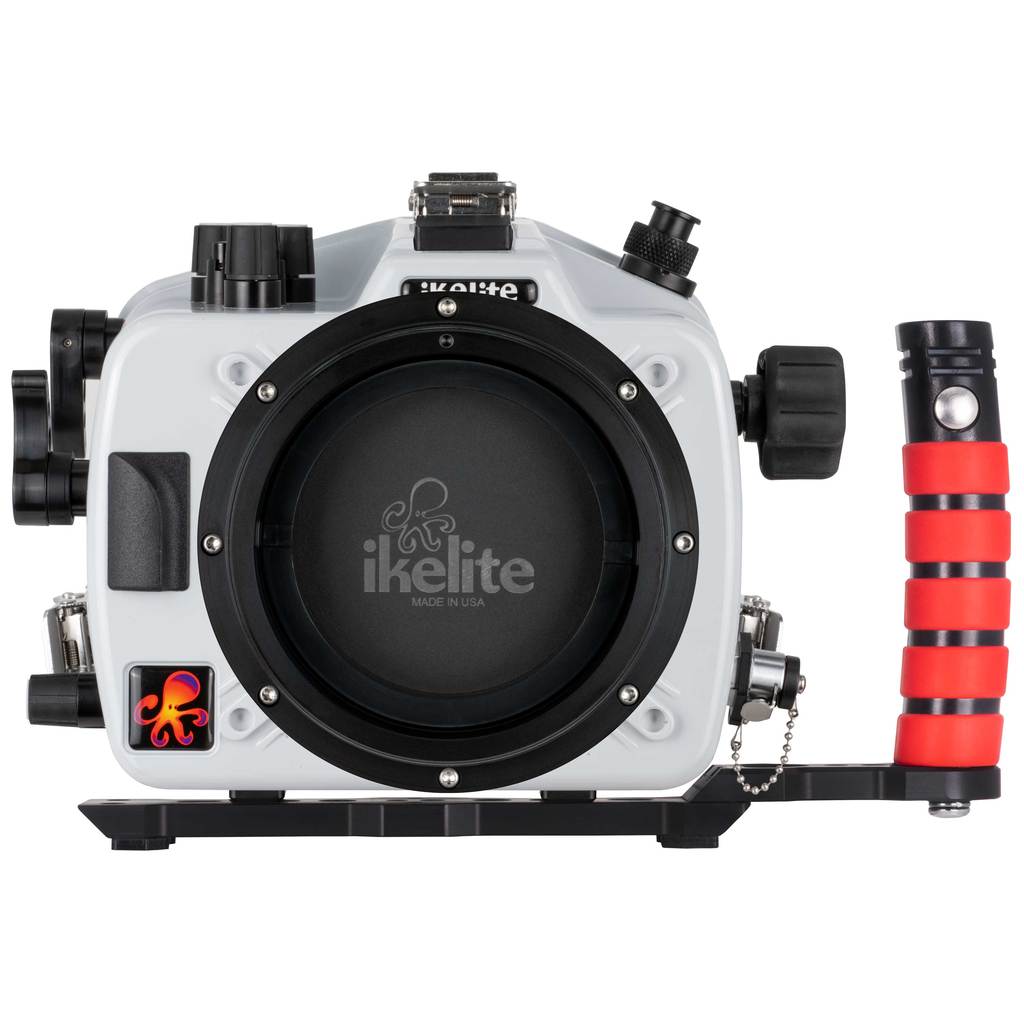Dive Computers
While dive computers where a luxury item decades ago, they have become an essential piece of dive gear, a scuba diving safety tool, and every diver should have one. Whether you are a technical diver, a recreational scuba diver, a free diver or a commercial diver, dive computers (or dive watches) will give you more precise information.
Oceansports has an extensive range of the best dive computers on the market to choose from. If you are tight for budget, check our dive computer sale.
How do dive computers work and why should you have one?
Using a dive computer can provide divers with precision details of their dives, including length, depth, and ascent rate. Even though this device is helpful in decreasing mistakes, it is still important to use dive tables in addition to the computer for the best results. The computer is a dependable tool that can work independently during diving.
Divers often prefer dive computers to dive tables because they can precisely monitor their dive profile in real-time, allowing them to spend more time underwater than if they used a table, and also credit them for any shallower ascents made during the dive. This can lead to longer and more enjoyable dives, since the rounding errors inherent to dive tables are removed.
A diving computer is an all-in-one tool that combines a timer, a depth gauge, and possibly a submersible pressure gauge in one convenient package. It usually has a clear display and is often able to accommodate enriched air Nitrox. Some models can also be linked to your air tank, measuring tank pressure and giving you a readout of the time that you have left before you need to start your ascent.
High end dive watches will offer heart rate monitoring while you are diving. Most dive watches can be connected to a computer so you can electronically save and review your logbook and your dive profiles.
How to choose the best dive computer?
Choosing a style to suit your needs comes down to personal preference and, of course, your personal needs. Do you prefer a wrist computer or console dive computer? Should it have a rechargeable battery, and how large you would like the computer to be? And most important of all: how much information you would like your dive computer to tell you.
When selecting a dive computer, battery life is a crucial factor to consider. The majority of dive computers use CR2032 batteries, which are affordable and accessible. Nonetheless, some dive computers require AA or AAA batteries, which may be difficult to find.
If you buy a console computer and don’t plan to use it on your next scuba dive, you’ll need to rent a dive computer you don’t know how to use or take the console off your own equipment and use it on the rented gear.
Advanced Scuba divers who are more experienced should have no troubles utilizing their dive computers for all of their dives. This gear is fitted with GPS, Bluetooth for easy downloads, and a digital compass, with a back-up computer, their dive log stored in the cloud, and even the paper charts and tables have been removed.
For those looking for a bit more simplicity, a wristwatch-style dive computer is often the best choice. These types of dive computers are easy to use and usually have all the features that you need.
Wrist mounted dive computer with large display are great. Choose a dive computer with a large display so that you can easily see your depth, time and other important information. A backlight is also useful for diving in low-light conditions.
It also depends on what type of diving you do. Are you a technical diver a recreational diver or a free diver? If you plan on doing a lot of deep sea diving, then you will need a computer that can handle the depths.
If you plan on doing a lot of night diving, then you will need a computer that has a backlight. It is also important to consider the size of the dive computer and how easy it is to use Some dive computers are designed to be freediving watch computers and spearfishing watch computers, meaning they have a special freedive mode to allow for faster ascents than in regular dive mode. Freedive computers are often more compact than regular dive watches.
Price is obviously a criterion too, and luckily, at Oceansports we carry the best dive computers for every budget. If price is an issue, keep your eyes open for a dive computer sale.
Don’t forget, your own individual diving computer is much more than a luxurious item! It is your faithful ally on each and every dive.
Safer Dives with Diving Computers
A computer is safer for your dives if you use them correctly. You eliminate the risk of human error inherent in manual computations, as well as the need to rely on someone else to do it for you.
Given the possibility that a dive computer may get it wrong, and even if it does, if you and your buddy both have one, the problem is essentially solved. You two each have computers, and they both agree; therefore it’s very unlikely that both machines are wrong at the same time.
Longer Dives with Diving Computers
You may go deeper. Because the dive tables assume you’ll stay at the same depth for the entire dive. Every single diver in the world understands that this is rarely the case. Computers in scuba gear calculate the initial plunge and any other rising and succumbing you do during your dive.
The bottom time is constantly updated (like a GPS!) according to your present depth, taking into account all of your prior depths and times. It does things your mind can’t even fathom. It does more than my mind could ever comprehend, to be honest.
Dive Computer Maintenance
Begin by reading the instruction booklet. Check out each feature with all of the buttons pushed. Create a few preferences, such as time and date, metric or imperial units, fresh or saltwater, etc.
After each dive, rinse your dive computer in clean water as soon as possible. It should be kept out of the sun, especially the display screen. Keep it safe from harm and mishap.
The manufacturer’s instructions should be followed when changing or recharging your dive computer’s battery.
Required before diving, make sure your are organised!
Before diving with them, many dive operators insist that you use a dive computer, particularly if you’ll be doing more complex dives. Sometimes you can rent one, but wouldn’t you want to use a computer that you’re comfortable with.
It will be a shame to discover on your next diving vacation that the dive business you booked with requires you to have a computer and you don’t have one. So make sure what the restrictions are at the shops you plan to visit beforehand.
Eliminate dive profile mistakes
The dive computer eliminates human error, including pressure groups and maintaining theoretical nitrogen loads for repeat dives. So, when the dive computer beeps or flashes an indication, take notice of it since it is correct.
Caution
Diving computers aren’t perfect. Their job is to assist you avoid being bent by continuously calculating your bottom time and depth during rapid and continuous computations. They are unable, however, to consider other DCS risk variables such as weight, age, hydration levels, or the fact that you partied all night.
It does not know anything about your particular body or health, so it shouldn’t be considered a substitute for good diving knowledge. As with any tool, dive computers should be viewed as a tool and nothing more. Before using it, educate yourself on how to use it and never allow it to take the place of sound diving expertise.
The most important thing to remember when choosing a dive computer is to find one that fits your needs and preferences. There is no one perfect dive computer for everyone, so it is important to find one that has the features that you want and that you are comfortable using. With so many different dive computers on the market, there is sure to be one that is perfect for you.
Stay up to date with your dive training.
It is important to stay up to date with the latest training and knowledge in order to use dive computers safely and efficiently. Make sure to attend any relevant courses that are available, and take the time to do research and reading so that you are well-informed about the latest trends and technologies, risk and opportunities. Additionally, be sure to follow all instructions and warnings that you receive when using the diving computer, and if you’re ever unsure of a particular command or action, seek out additional guidance from a trusted source
